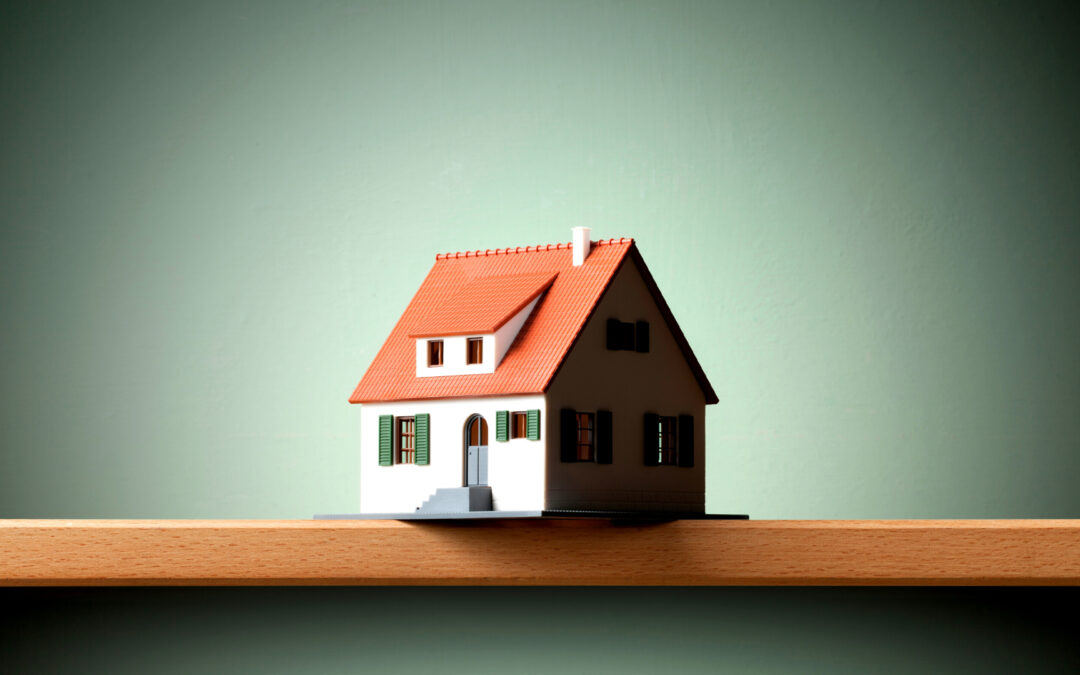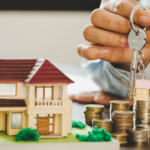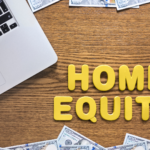You may have heard the phrase “go big or go home”—but when it comes to real estate, that doesn’t always apply. Buying a bigger house is tempting, but it’s important to weigh the pros and cons before you make any decision. The size of your home should reflect your lifestyle and needs. So, let’s explore the reasons why buying a bigger house might not always be a good idea.
The Size Comes with a Price Tag
Buying a bigger house means spending more money. With each extra room you add to your potential home, the cost will climb. The size of your home can also affect other factors such as property taxes, insurance costs and utility bills. It may be tempting to buy an opulent mansion in an upscale neighborhood, but keep in mind that those luxuries come with hefty price tags attached.
More Space Means More Maintenance
Having extra space also means having more maintenance tasks on your plate. Larger homes require more time, energy and resources for upkeep—especially if there are lawns or gardens involved. If you don’t have the time or resources necessary for upkeep on larger properties, then buying a large home might not be right for you.
Filling Empty Rooms Is Harder than You Think
Filling up a large house can be difficult and expensive—especially if you don’t need all of those rooms! Decorating each room can add up quickly if you’re not careful about where you shop and what pieces of furniture you choose for each room. Not to mention that leftover empty rooms can look awkward when visitors come over!
When deciding whether or not to buy a larger house, it’s important to consider all of the factors involved such as cost, maintenance requirements and furnishings needed for each room. Bigger houses come with their own set of considerations; so make sure that your lifestyle is well-suited for the size of home that you are considering purchasing before making any decisions! With this in mind, take some time to carefully evaluate all aspects before taking the plunge into homeownership with a larger property.






